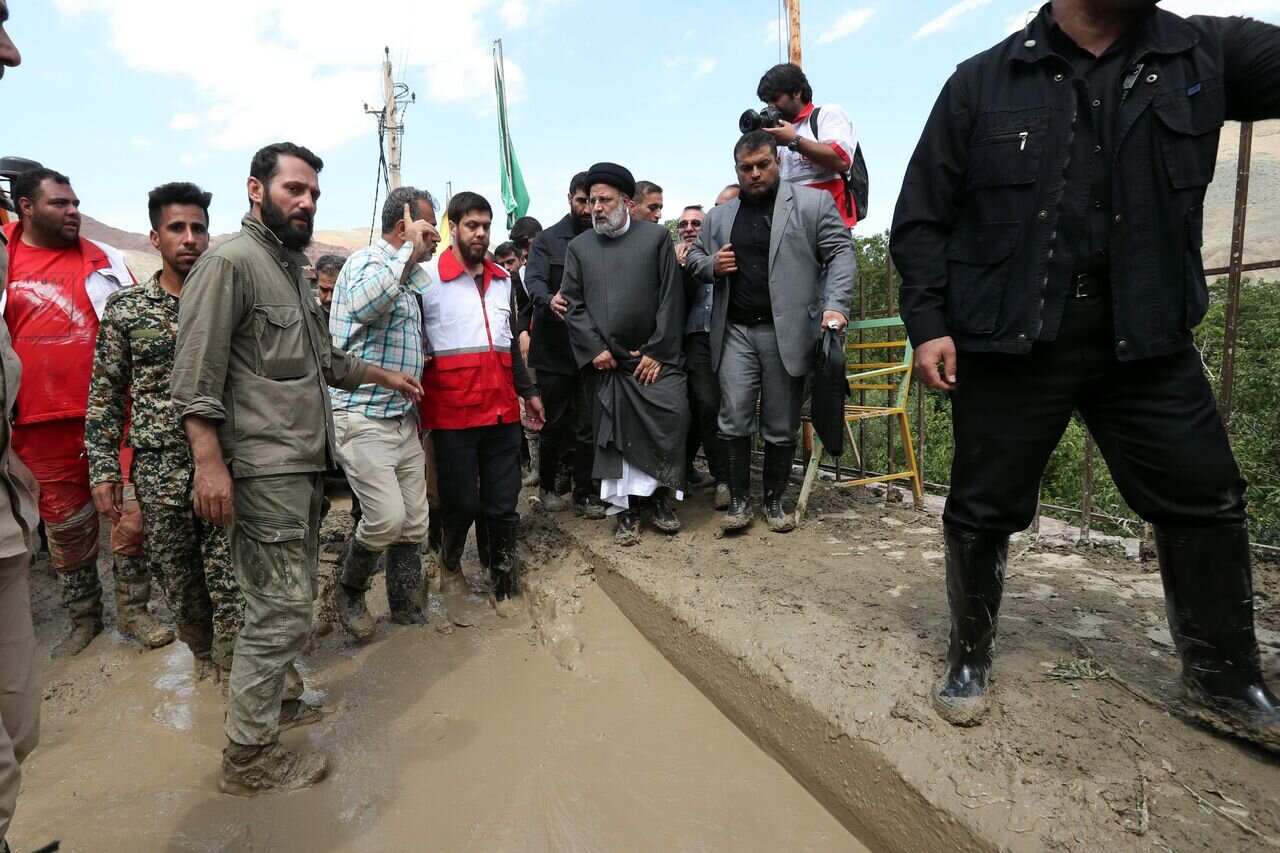Climate change management program kicks off in President Raisi administration

TEHRAN –For the first time in the country, the administration of the late President Ebrahim Raisi prepared a climate change management program which was later approved by the Iranian parliament to address the effects of climate change on the country.
Iran is among the most vulnerable countries to climate change, floods, and droughts, as fires in forests and pastures are mainly a result of climate change, Darioush Gol-Alizadeh, the head of the national center for weather and climate change, affiliated with the Department of Environment, said, IRNA reported.
According to the seventh national development plan (2023-2027), a climate change management program is definitely much more important than a plan exclusive to air pollution since all the country's infrastructure and activities are affected by its consequences.
The climate change management program focuses on the four goals of strengthening adaptation, reducing vulnerability, expanding the green economy, and low-carbon industry.
However, if the country fails to achieve these goals, it will go through irreparable losses and damages.
Climate change affects the intensity, and frequency of precipitations. 94 percent of food production in the world depends on soil, but floods result in loss of soil quality, make lands less productive for agriculture, and create deserts.
National plan needed to tackle climate change
On August 14, Sahar Tajbakhsh, the head of the Iran Metrological Organization said, “A national plan including resource management is needed to deal with the consequences of climate change.”
“Today, climate change is known as a security issue in the world and everyone is aware of the effects and hazards posed by that,” she added, IRNA reported.
The official emphasized the need for launching action plans by all countries across the world to reduce greenhouse gases.
“Countries with poor infrastructure are more vulnerable to consequences of rising temperature such as power outages and droughts.”
Tajbakhsh went on to say that it requires global understanding and management to moderate the effects of climate change.
“A practical plan to reduce greenhouse gases should be drawn up for all countries within a geographical region,” she said, adding that Iran also needs a national plan to manage the issue in various areas.
Elsewhere in her remarks, Tajbakhsh said management of water resources should be based on climate change and the use of renewable sources of energy should be on the agenda.
“Unstable infrastructure and land use change are the main causes of numerous floods following torrential rains.”
She referred to dust storms as one of the consequences of drought, saying: “Climate change may increase wind speed in some areas, intensifying dust storms.”
MT/MG
Leave a Comment